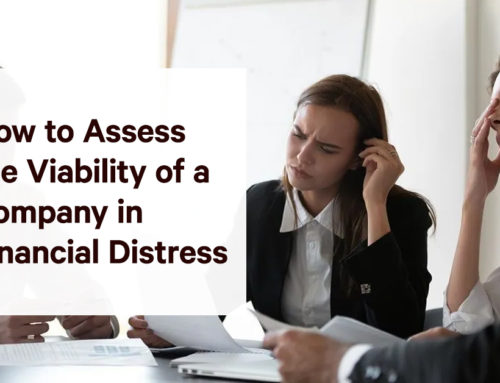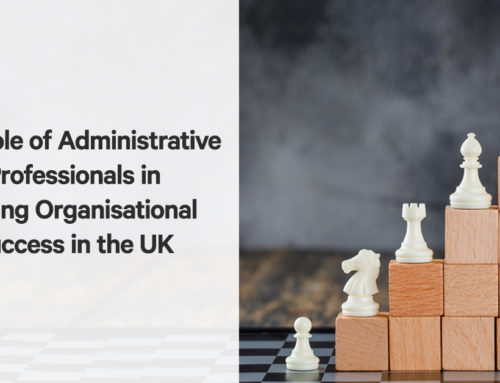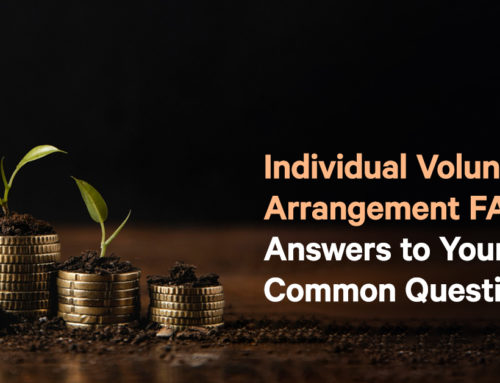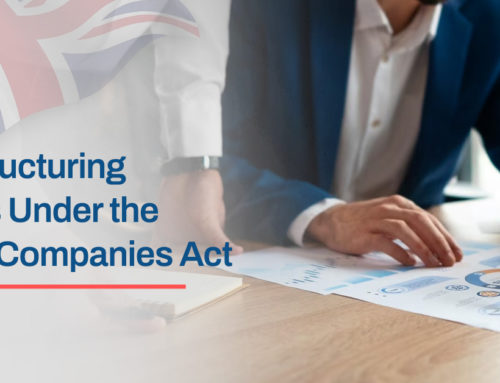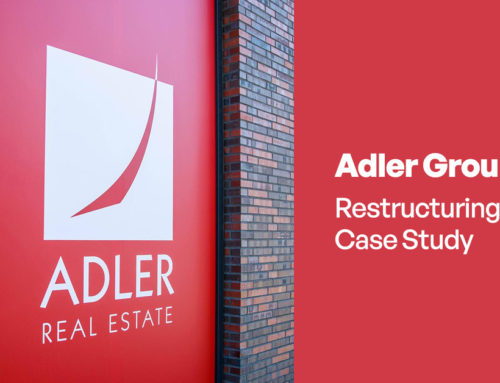The last couple of years have been a struggle for many and secured loans with attractive interest rates have never been so appealing. Secured loan debt comes in many forms; it may be the mortgage on your home, it may be the loan on your car or it may be the only way you could secure funds due to a bad credit history.
Whatever the reason, paying off a secured loan debt can be a struggle and if you get into difficulty, such as a change in circumstances mean you can no longer afford the monthly repayments, there are options available to you to help.
What is a Secured Loan Debt?
Firstly, let’s just clarify what a secured loan debt means – it is a loan of funds from a bank or another financial institution which is ‘secured’ against one of your assets of equal or greater value to the loan.
They are popular with consumers and businesses generally because they incur lower rates of interest, larger amounts can be borrowed and it is often the only way someone with a bad credit history can secure funds. However, they have their drawbacks and the biggest is that should you default on repayments and not be able to pay off the secured loan debt, the lender is entitled to seize the asset as full payment through the court.
Nobody likes to lose something this way. If it’s a car or jewellery, that’s hard enough but if you have secured the loan against your home, you could potentially lose it. The other aspect to consider is that a secured loan is a priority debt and as such, repayment of this debt needs to be prioritised over and above other unsecured debt, such as a credit loan or overdraft.
What help is available for paying off a secured loan debt?
If you are struggling to pay off a secured loan debt, the first step is to contact the lender as soon as possible. They may be able to help in the form of a payment holiday, if your financial situation is temporary, or a reduced payment plan but bear in mind that this will affect your credit rating.
The next step is to create a budget by analysing your incomings and outgoings which will help identify areas where perhaps you are spending more than you can afford. Cutting back on some of your monthly outgoings will enable you to put more funds towards paying off a secured loan debt.
If the problem is more serious, there are several other options available to debtors:
- Debt Respite Scheme (Breathing Space) – the Government’s scheme gives people that are struggling with debt the right to legal protection from creditors. There are two types of breathing space – the standard breathing space and the mental health crisis breathing space. There are specific criteria for eligibility and the debtor must meet all of the required conditions:
- Standard breathing space protects anyone struggling with debt from their creditor for a maximum period of 60 days. This includes a stop on any court action by the creditor, and the creditor must freeze charges and the majority of interest payable on the debt.
- Mental health crisis breathing space applies to anyone that is receiving treatment for a mental health crisis. It goes much further than the standard breathing space in that it lasts for as long as the person is receiving treatment plus a further 30 days.
- Debt Management Plan (DMP) – this is a formal repayment plan that is managed by a DMP provider. With their help, you work out what you can afford to pay on a monthly basis and the DMP presents your proposal to your creditors. Once accepted, you make one monthly payment to your DMP provider and they distribute this to your creditor(s).
- Debt Relief Order (DRO) – if you are on a low income and don’t have any assets of value, a Debt Relief Order may be a better option. As with a DMP, it is managed by an authorised debt adviser who applies for the DRO on your behalf to an official receiver, usually the court. If accepted, you will not have to pay certain debts but you will still be responsible for some debts. The debt is frozen and at the end of the term, usually a year, if your financial position hasn’t changed the debts are written off.
- Individual Voluntary Arrangement (IVA) – similar to a DRO, an IVA is for people that have secured loan debt over £30,000 and a minimum of £70 a month spare income to pay a monthly amount to creditors. Managed via an authorised debt management company, an IVA is a legally binding agreement between the debtor and the creditor(s) and allows you to pay back affordable amounts to your creditors each month. The period of an IVA is usually five years, although it can be extended by a further year. You pay the monthly amount to your debt management company and they distribute that amount to your creditor(s). At the end of the term, any debt specified in the IVA that hasn’t been repaid is written off. However, if there is a default in repayments without a justified reason, the agreement has been broken and your creditors are entitled to apply through the court for repayment.
- Bankruptcy – often considered a last resort, applying for bankruptcy means that any assets of value you possess will be sold to raise the necessary funds to pay back creditors, although some assets such as your home, family heirlooms or tools/equipment for work can be retained. In addition, not all of your debts can be included in a bankruptcy order, such as student loans or arrears on child maintenance, so not all secured loan debt will be written off.
As with any secured debt management plan, it is legally binding and there are penalties should you default on repayments.
If you or your business is struggling with debt and you’re finding it difficult to see a way out of the problem, the first step is to seek professional advice. Our highly experienced professionals at Leading UK are on hand to help with advice on business rescue and restructuring operations, voluntary liquidation of solvent and insolvent companies, and compulsory liquidation.


